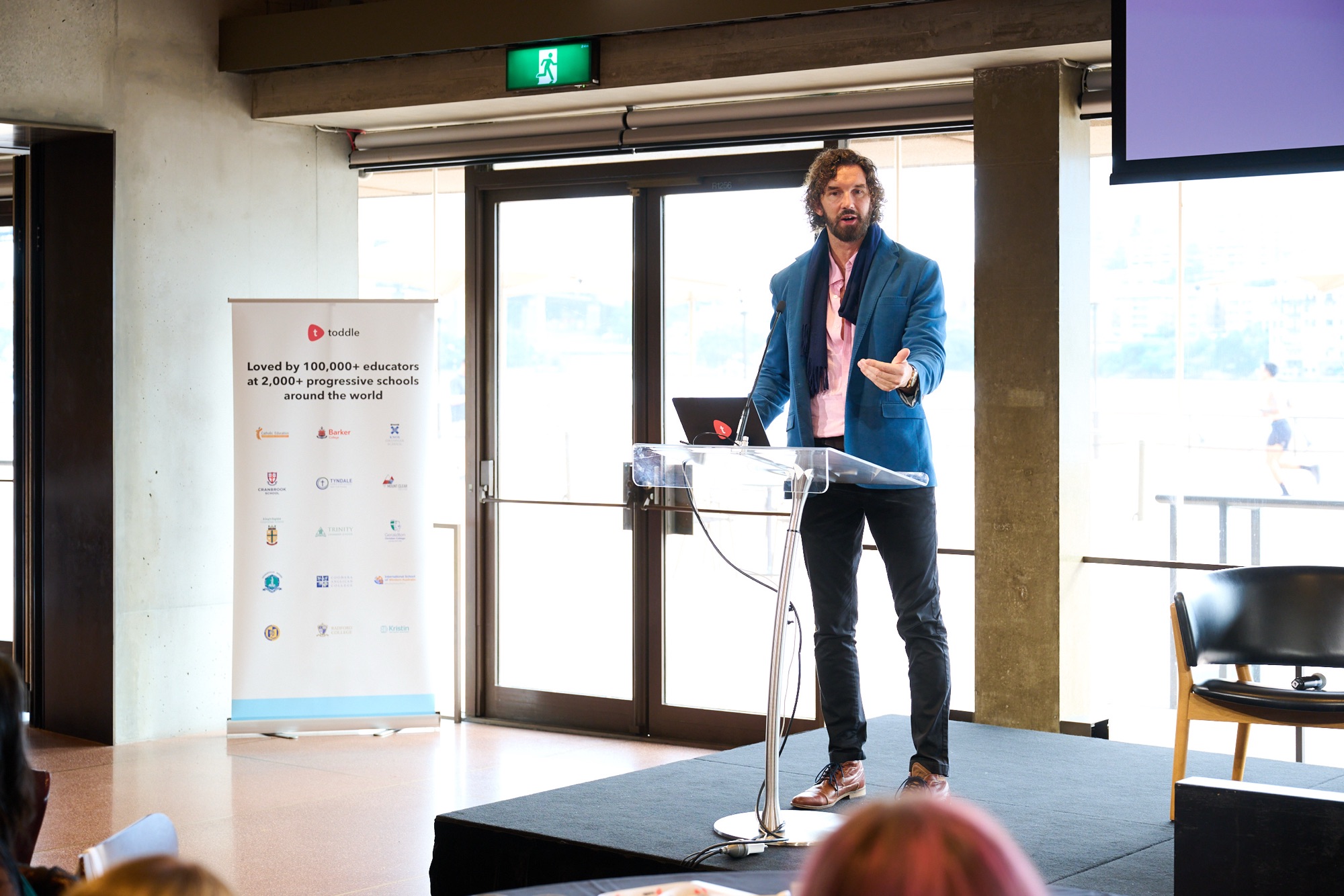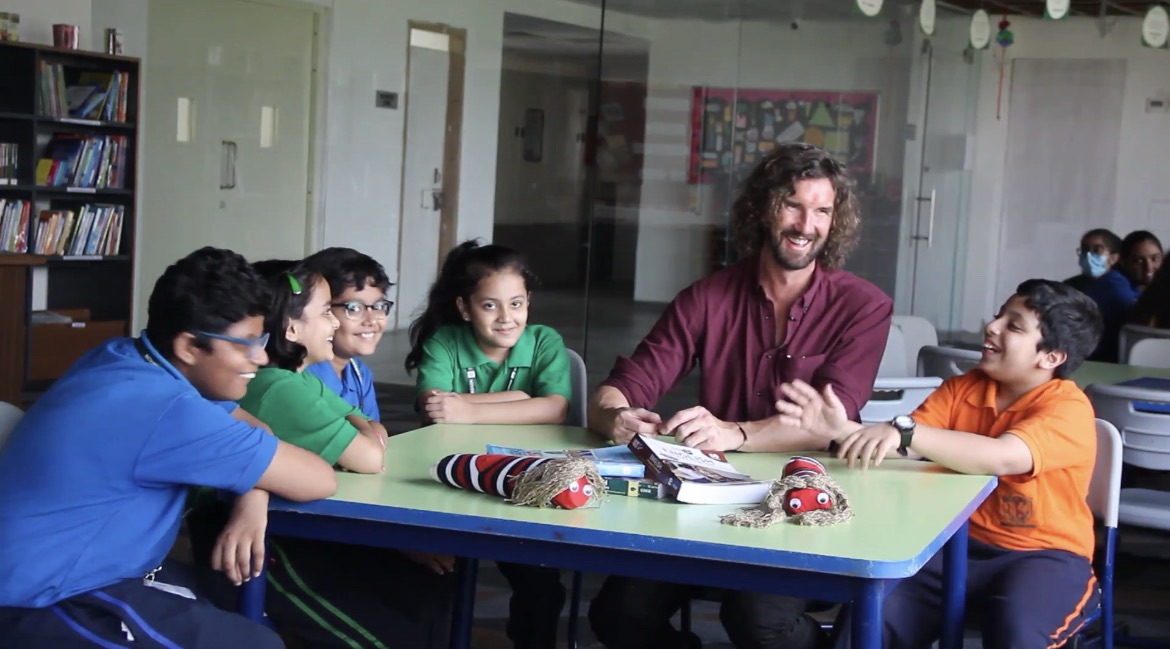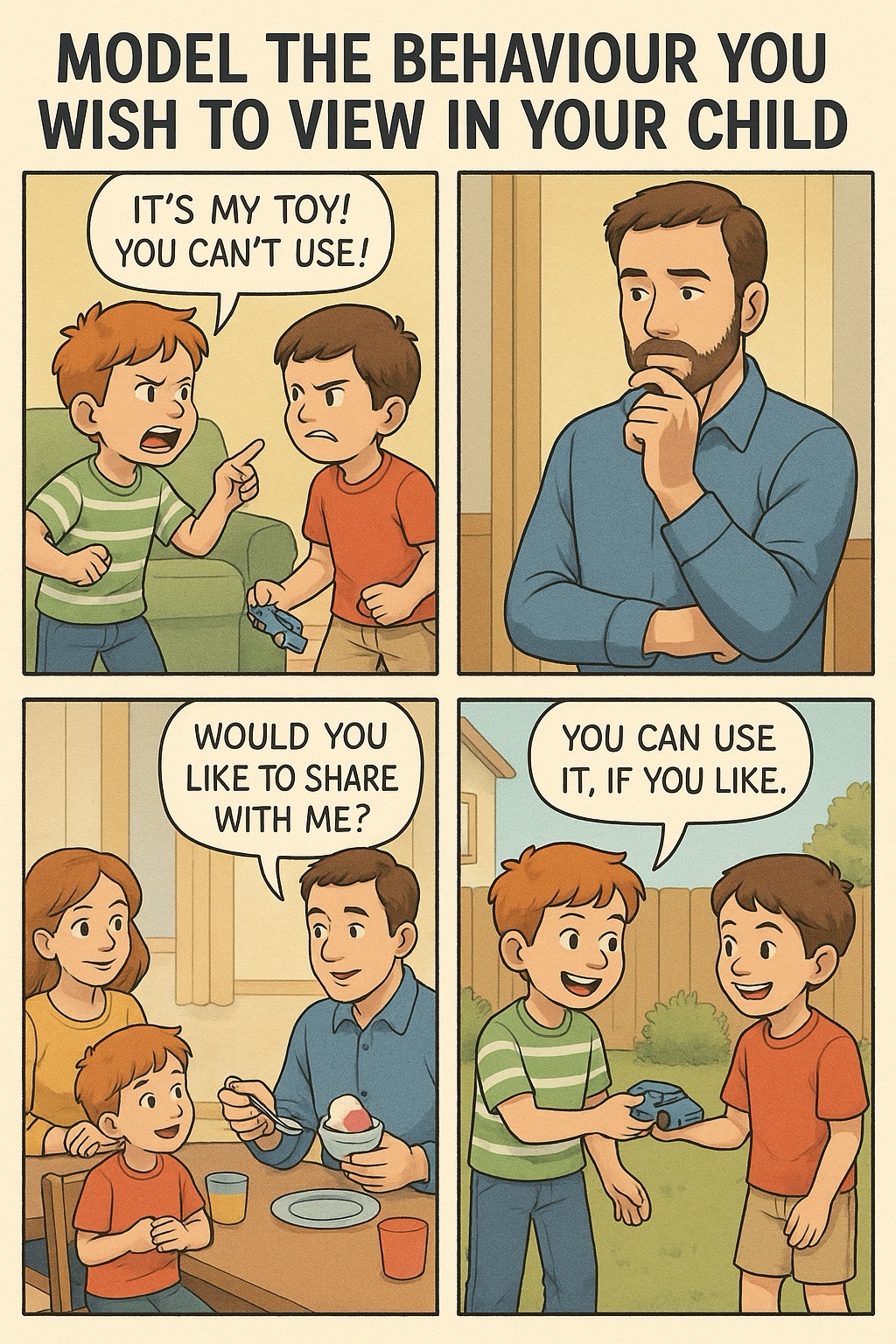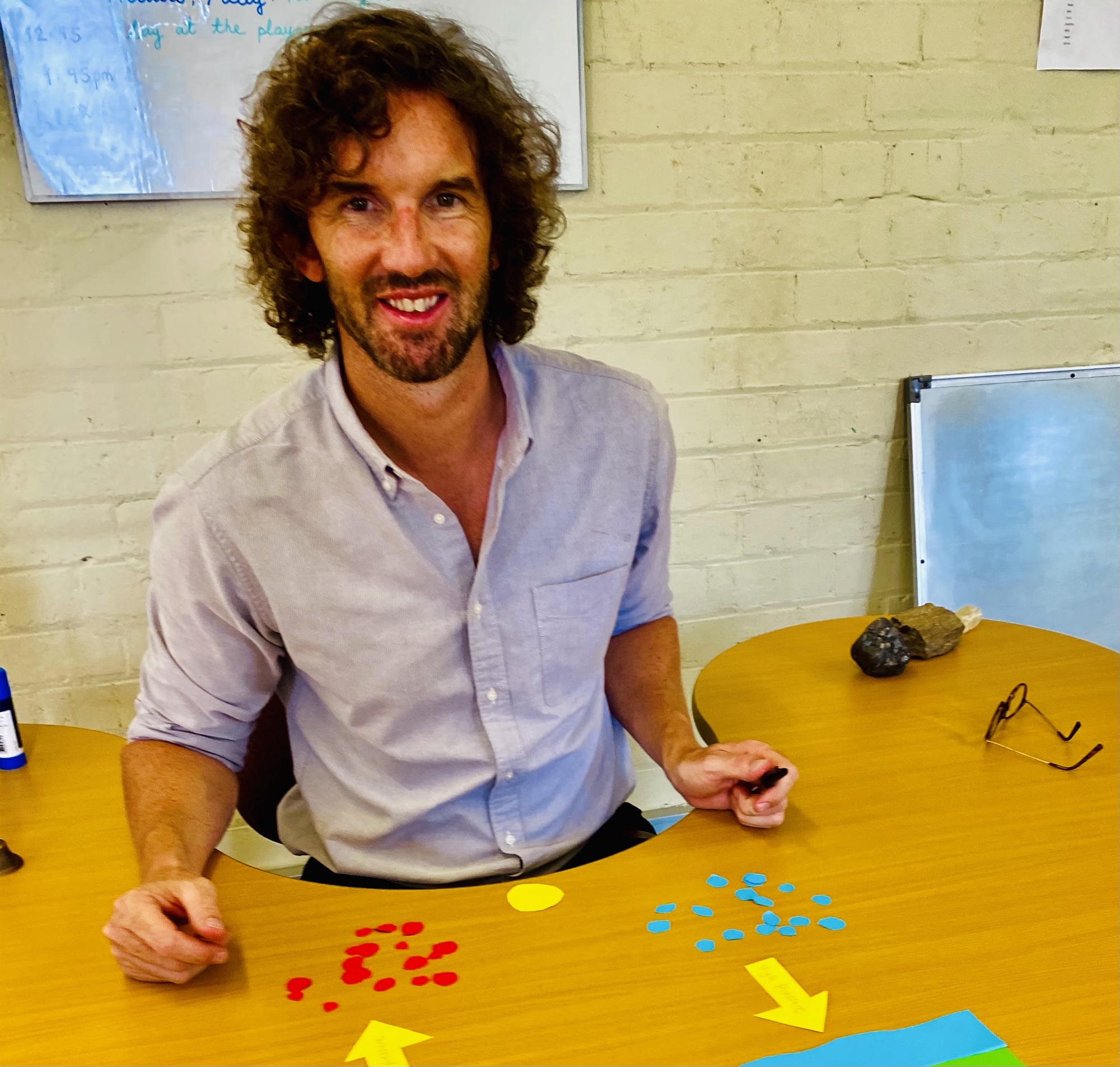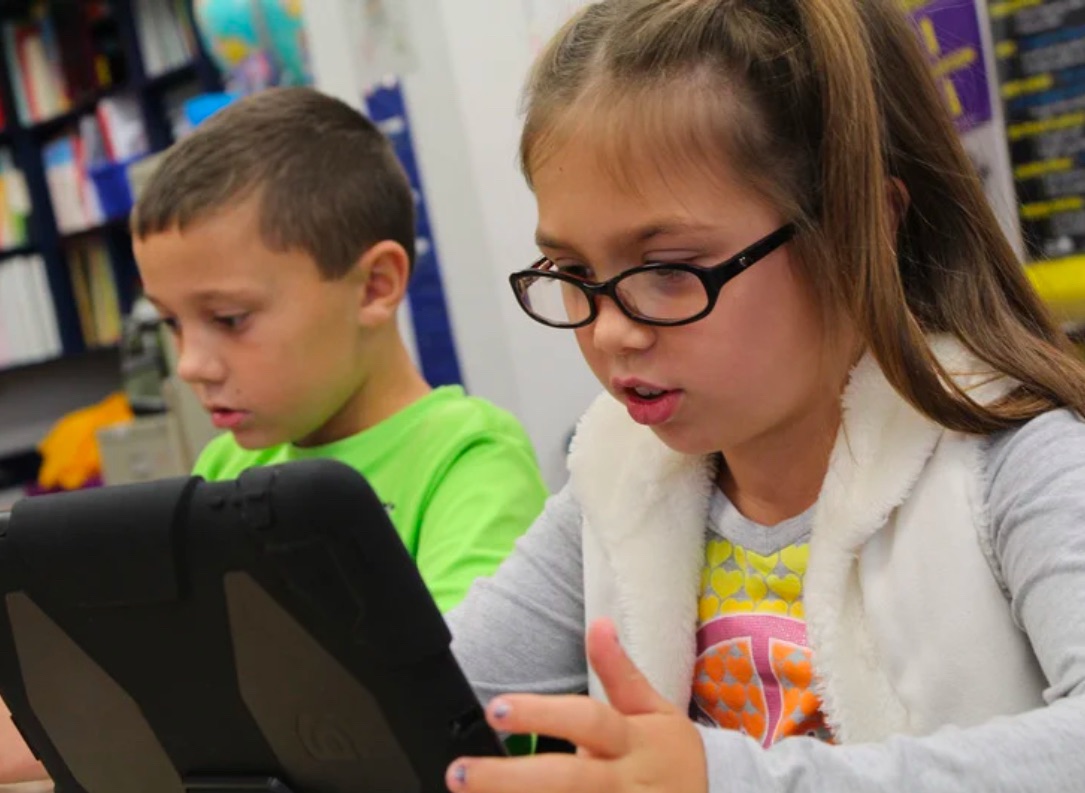As teachers, it’s essential that we constantly re-evaluate our methods of assessment to ensure that we are accurately gauging our students’ understanding and growth. With the advent of new technologies such as chat-bots like ChatGPT, it’s important that we consider alternative methods of assessment that can help us gain a more well-rounded understanding of our students.
One issue with relying heavily on written essays as a form of assessment is that it can inadvertently disadvantage certain students. As Dr. Karen Harris, a leading expert in the field of education, states, “Standardized writing assessments can be particularly challenging for students who have difficulty with written expression, including those with learning disabilities, English language learners, and students who have had limited experience with writing.”

Research also supports the idea that relying too heavily on written essays can be problematic. A study published in the Journal of Educational Psychology found that “students who are poor writers are at a disadvantage in traditional writing assessments.” The study also suggests that “teachers should consider using alternative forms of assessment, such as oral presentations or group projects, to assess student understanding.”
So, what are some alternative methods for assessing our students? Here are a few possibilities:
- Oral presentations: Have students give a presentation on a topic they’ve been studying. This allows you to assess their public speaking skills, as well as their understanding of the material.
- Group projects: Assign students to work in small groups to complete a project. This allows you to assess their teamwork and collaboration skills, as well as their understanding of the material.
- Self-reflection: Have students reflect on their own learning through written or oral reflections. This allows you to assess their metacognitive skills and self-awareness.
- Peer assessment: Have students assess the work of their classmates. This allows you to assess their understanding of the material, as well as their ability to give and receive constructive feedback.
- Performance-based assessment: Have students demonstrate their understanding through hands-on activities or projects such as science experiments, art projects, or mock-trials. This allows you to assess their understanding of the material, as well as their critical thinking and problem-solving skills.
In conclusion, as educators, we must constantly re-evaluate our methods of assessment to ensure that we are accurately gauging our students’ understanding and growth. By embracing alternative methods of assessment, such as oral presentations, group projects, self-reflection, peer assessment and technology-based assessment, we can gain a more well-rounded understanding of our students and help them reach their full potential.


